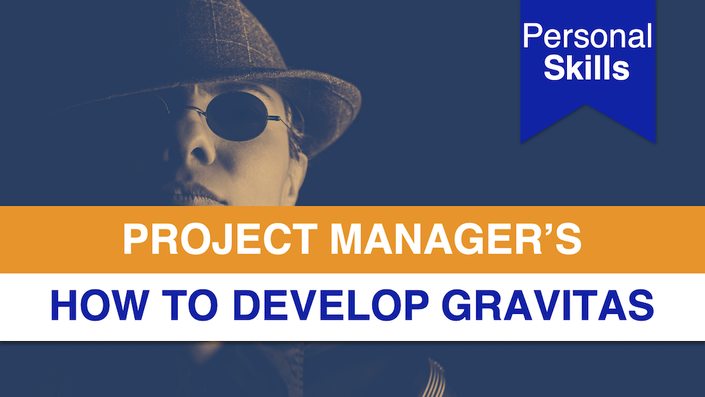
How to Develop Gravitas
Your five-step guide to being sought out, listened to, taken seriously, and trusted by the people around you.
Watch Promo

You want your words to carry weight, you want people to listen to you, you want to speak with authority, you want to be trusted... you even want to be sought out for you opinions, insights and advice.
What you need is gravitas.
And here is where you will learn how to develop it in a simple five step programme.
What are the symptoms?
You know you need to develop more gravitas if people tend to ignore your advice, if people sometimes switch-off when you are speaking, if it seems like they don't trust your judgement.
Who needs gravitas?
If you want to further your career, you need gravitas. It is that commanding impression of authority, judgement and wisdom that people look to when they want a leader, when they need advice, or when someone has to give them confidence in the future.
That can be you...
Do you want:
- People to take you seriously?
- To feel confident among older, more experienced colleagues or clients?
- To hold the attention of a room full of people?
- A position of trust, influence, and authority?
- Your ideas and insights to be welcomed and embraced?
- Promotion at a young age?
- People to pay attention and take notice of you?
- You career to move forwards and upwards?
Can Gravitas Be Learned?
We recognise gravitas when we encounter a set of attitudes and behaviours that conform to our expectations of authority, credibility and wisdom. You can learn these attitudes and behaviours, and you will, with this five step course.
What makes gravitas does depend, to a degree, on the culture and society you live and work in. This course is designed for people in Western, English-speaking cultures. But much of the advice will also be true for other cultures.

Excellent advice and tips on how to make yourself valuable through the concept of gravitas. Explains some of the mistakes you can make and why you shouldn't make them. I speak a lot to people and need to be reminded of these practices and attitudes.
Francisco Hernandez
